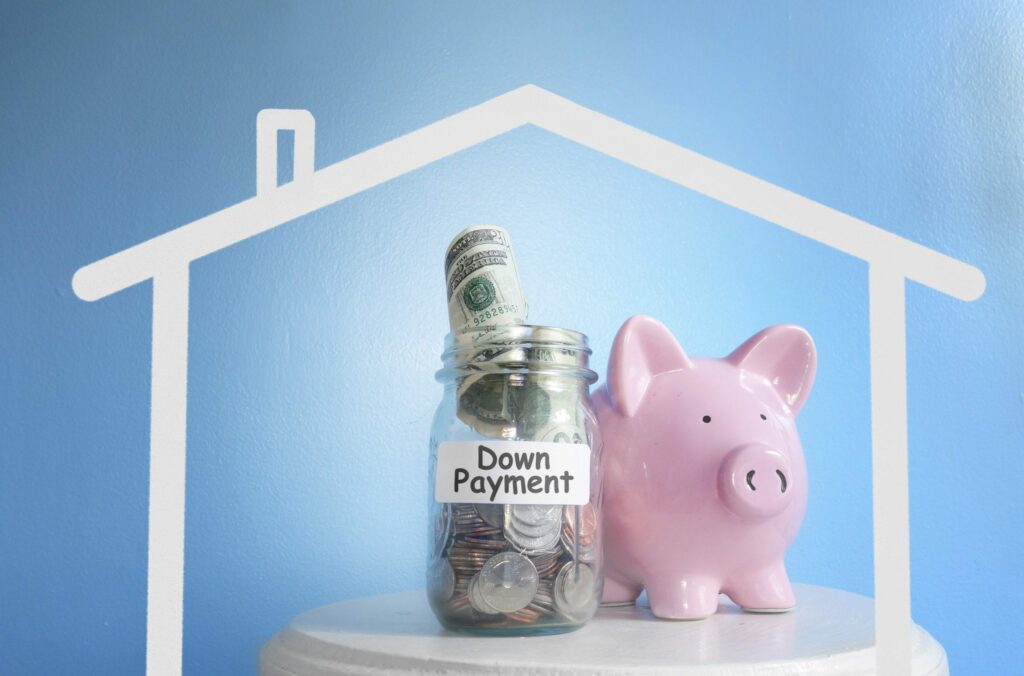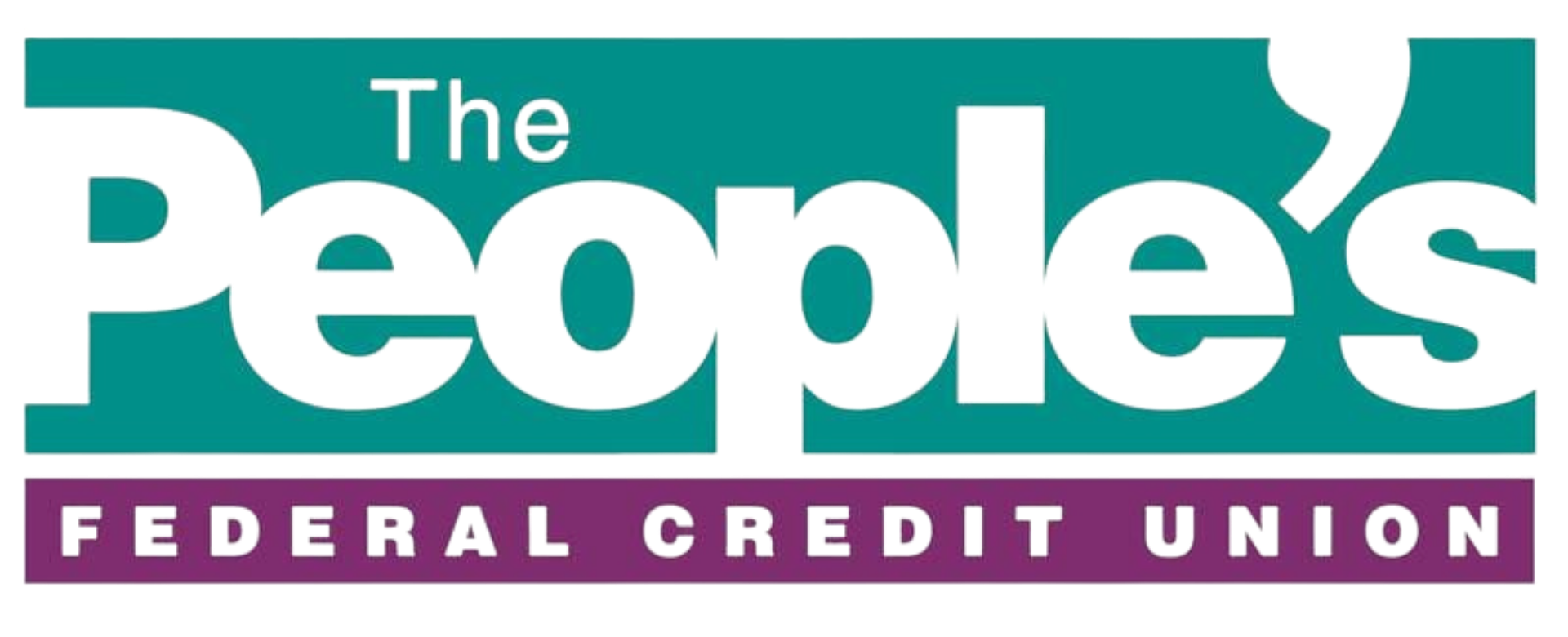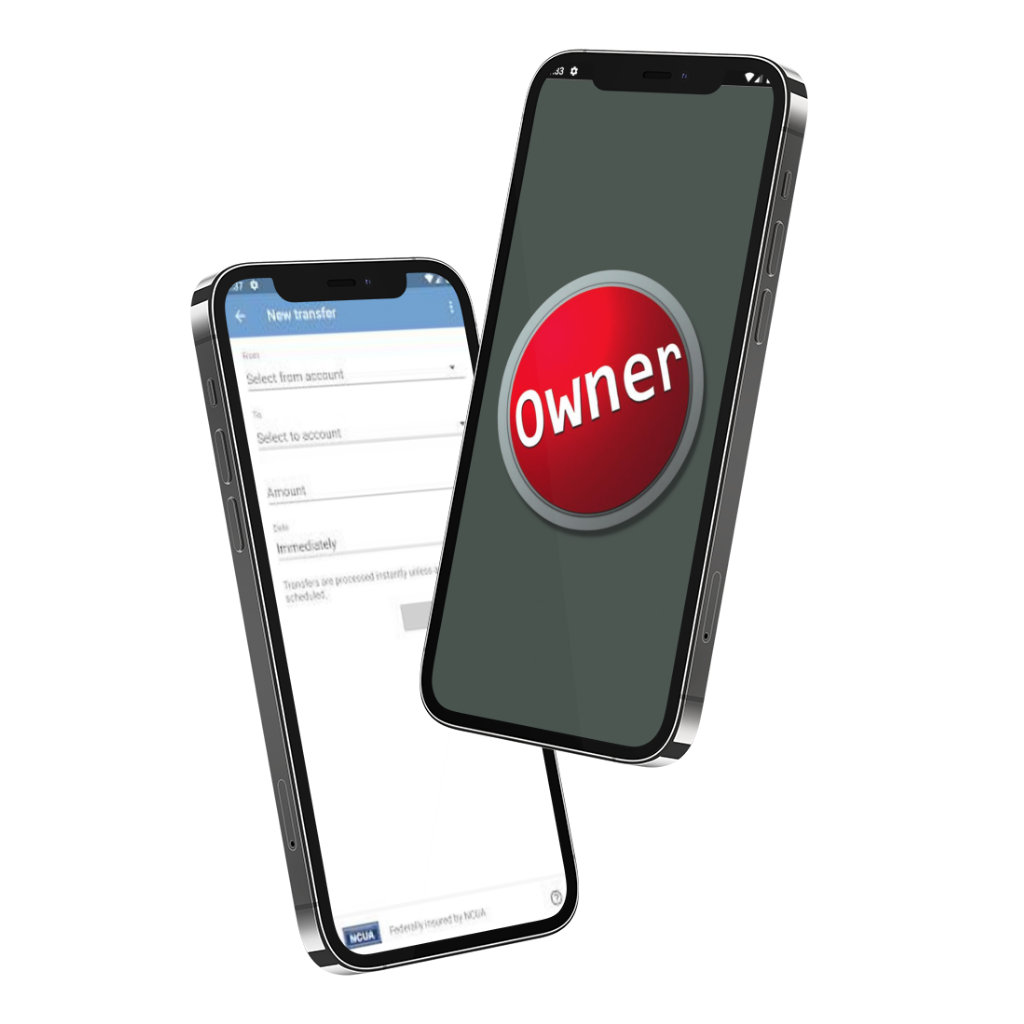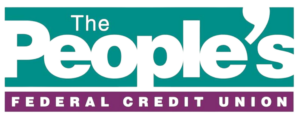Saving money for a home down payment can seem like a daunting task when you have to pay rent, utilities, and other expenses every month. While after the housing market bubble burst lenders wanted at least 20% down, this is no longer the case. Many lenders also offer a wide range of mortgage loan programs that do not require a huge down payment.
Tip #1: Decide Which Loan Program Is Best for You
From conventional mortgages to FHA and VA loans, you have several options available. With a conventional mortgage, you may only require 10% down, depending on the lender. FHA loans only require 3 to 3.5% down.
However, with less than 20% down for conventional and FHA loans, you will have to include the costs of private mortgage insurance in your monthly mortgage payments.
VA loans are perfect for active and retired military personnel, as well as veterans and surviving spouses. VA loans do not require a down payment, nor do they require you to obtain private mortgage insurance.

Tip #2: Open a Down Payment Savings Account
Once you decide which loan program is best for you, you will want to open a down payment savings account that is separate from your other savings and checking accounts. This account should just be used to save your down payment.
Tip #3: Establish Realistic Savings Goals
Determine how much you can afford to put into the savings account each pay period. If you typically have $100 left each week after paying bills and buying groceries, then set aside at least $25 a week. You can always increase this amount later.
Tip #4: Look for Ways to Cut Expenses
Another thing you can do to increase your savings rate is to look for different expenses you can cut. If you have cable TV, could you do without it and get a lower-cost streaming service instead? Do you really need unlimited data on your smartphone with the number of free Wi-Fi spots? Could you save money by making and preparing meals at home instead of eating out?
Don’t be afraid to bargain shop, too, by using coupons, Groupons, and other such discounts when they are available. Any money that you cut out of your expenses and save should be put into your down payment savings account.
Tip #5: Bankroll Tax Refunds and Bonuses
Put tax refunds, bonuses, and other such windfalls into your savings account for your down payment. It can be tempting to blow the money, but, if you really want to buy a home, you need to set most of it aside.

Tip #6: Keep Your Current Vehicle Longer
The longer you can keep your car, the better. Once it is paid off, you can take the money you were paying for your car payment and save it for your down payment.
Tip #7: Avoid Unnecessary Spending/Shopping
Curb your spending and shopping to buy only what you need. Remember, by giving up your daily $6 latte, you will have $42 more each week to save for your down payment!
Tip #8: Get Preapproved for a Mortgage
Take the time to start the preapproval process. Doing so will let you know how much home you can afford and how much of a down payment you will need to save.
To open your down payment savings account and to apply to get preapproved for a mortgage, please feel free to stop by the nearest branch of our Texas credit union, The People’s Federal Credit Union, or call us at (806) 359-8571 today!







